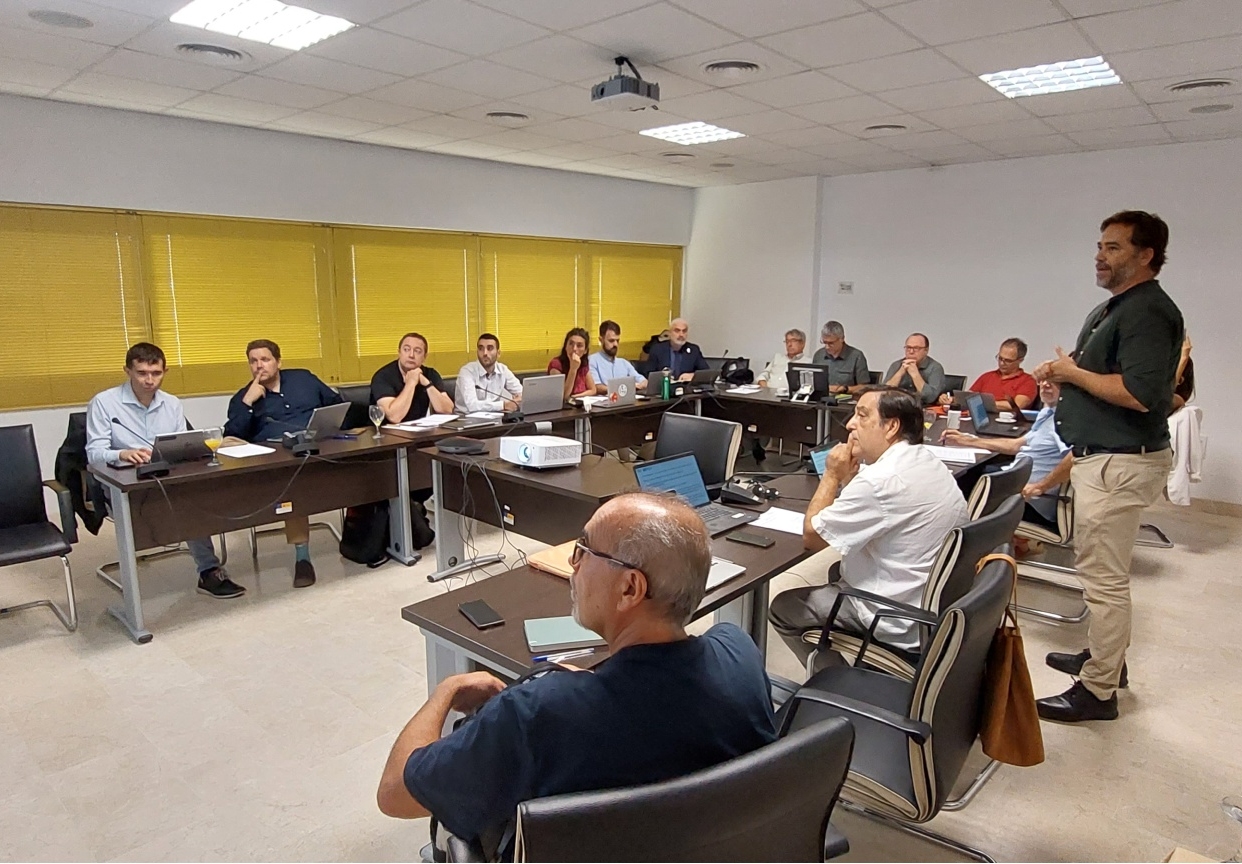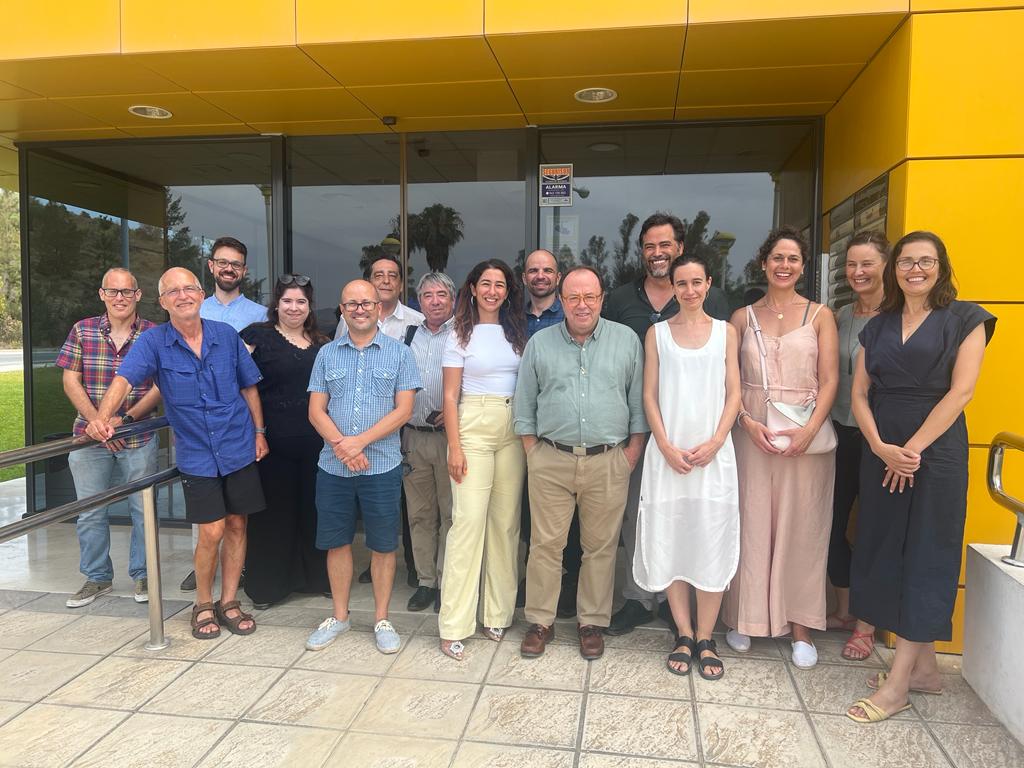LifeWatch ERIC and IUCN Med Workshops: Advancing Ecosystem Services in Andalusia
The IUCN-MED and LifeWatch ERIC collaboration continues to pave the way for a more sustainable future with their second workshop, held on September 15, 2023, at the IUCN-Med office in Málaga. These workshops are part of a series of interactive peer learning events taking place between July and October 2023.
The Ecosystem Services (ES) Advisory Board, led by LifeWatch ERIC and in partnership with IUCN-Med, gathered an assembly of experts, including representatives from various institutions such as the Ministry of Sustainability, Environment and Blue Economy, the Doñana Biological Station, and the Spanish Geological and Mining Institute in Granada. Key figures from the academic sector, including the University of Huelva, Salamanca, Almería, and Copenhagen, joined this dynamic collaboration. The primary focus was to advance planning, management, and governance of Natural Capital, particularly emphasising the Andalusia region in Spain.
The second workshop unfolded with ambitious objectives, including:
- Analysing ecological processes behind essential ecosystem services in representative habitats.
- Determining parameters for the qualitative and quantitative measurement of selected ecosystem services.
- Establishing a relational matrix encompassing ecosystem services, habitats, measurement parameters, reference values, mechanisms, and sampling frequency.

The key insights and conclusions drawn from the workshop included:
- Acknowledging and valuing the services ecosystems provide is pivotal for conservation and economic prosperity. Environmental accounting, particularly through frameworks like the United Nations Environmental Economic Accounting, is crucial to this endeavour.
- Strategies for valuing ecosystem services must account for factors such as Carrying Capacity, Resilience, and Maximum Sustainable Yield in overall management frameworks.
- Governance plays a decisive role in linking ecosystem service identification, measurement, and valuation with market functionality.
- Local narratives and conflicts are integral to assessments, with local management capacity impacting conflict intensity.
- Estimates reveal the cost-effectiveness of natural infrastructure (NBS) over conventional grey infrastructure.
- Understanding biophysical and ecological processes supporting ecosystem services enables proactive management to ensure their provision.
The potential of this work in Andalusia is significant. The initial assessment, which has assessed and mapped 18 ecosystem services, makes it possible to integrate the non-tangible economic value of the territory in its planning, management and development. However, it is essential to expand the selection of ES evaluation together with the development of powerful tools such as virtual research environments (VRE) and visualisation platforms of the state and evolution of ecosystems and their services. These tools will catalyse the generation of knowledge and enable a new range of opportunities for the socioeconomic development and environmental management of the region. This study will make it possible to improve Strategic Evaluations, identify the contribution to balance in the payment system for ecosystem services, the identification of cost-benefit indicators in community policies (CAP), in future scenarios of climate change and land occupation and the identification of ES indices for the identification and diagnosis of Green Infrastructure.
IUCN Med - LifeWatch ERIC Ecosystem Services Technical workshops comprise of activities promoted by the ALBORÁN, ENBIC2LAB and SMARTECOMOUNTAINS projects, co-financed by FEDER 2014-2020 Multiregional Operational Program Funds for Spain (POPE) for actions in the Autonomous Community of Andalusia.


